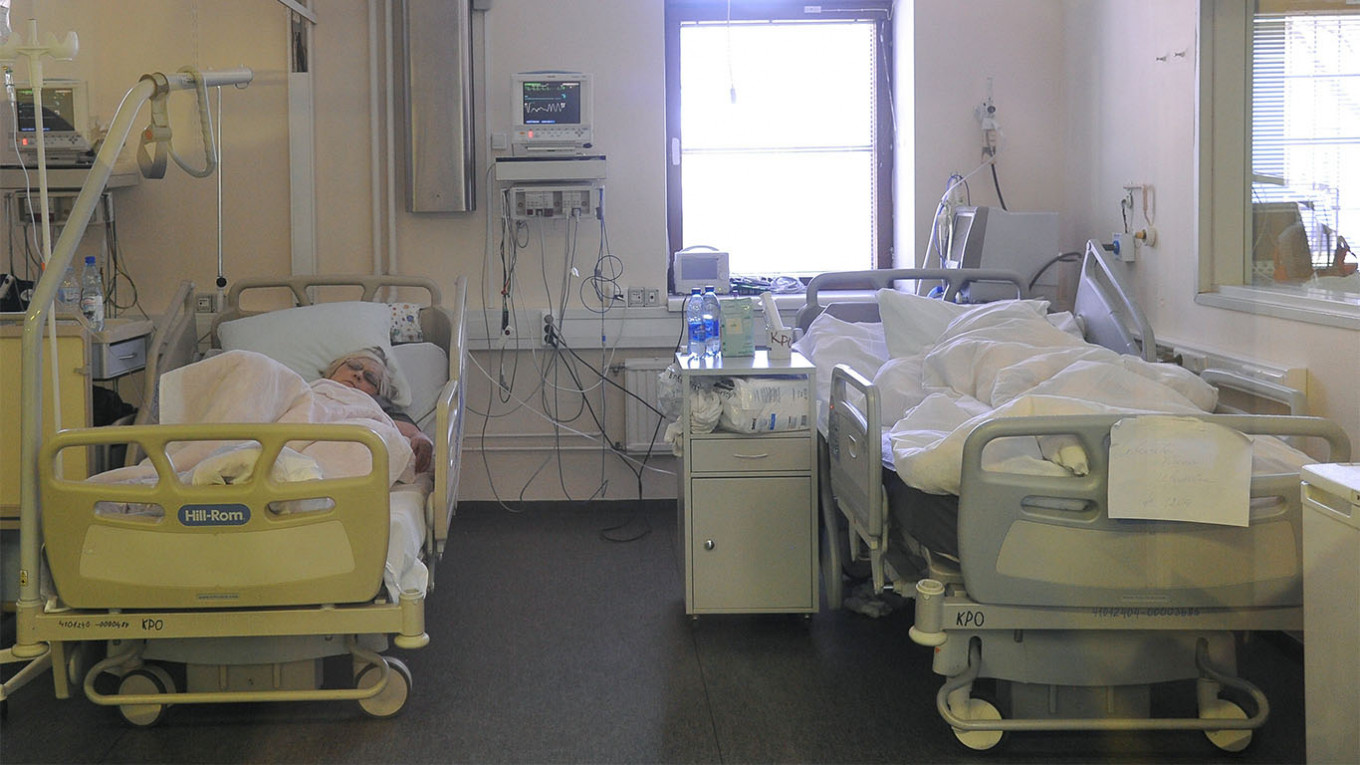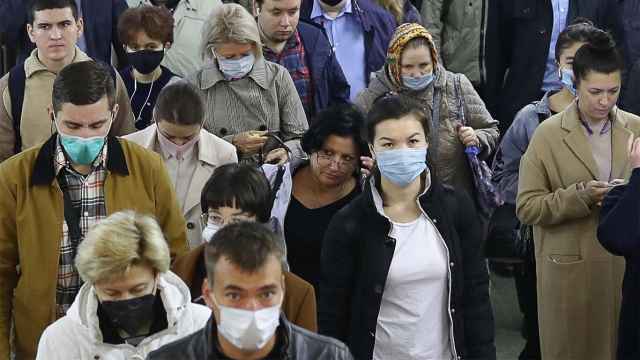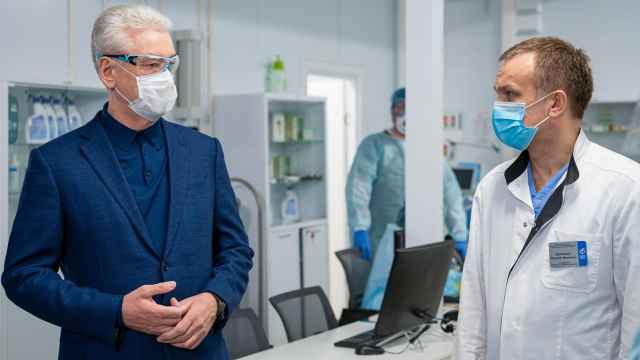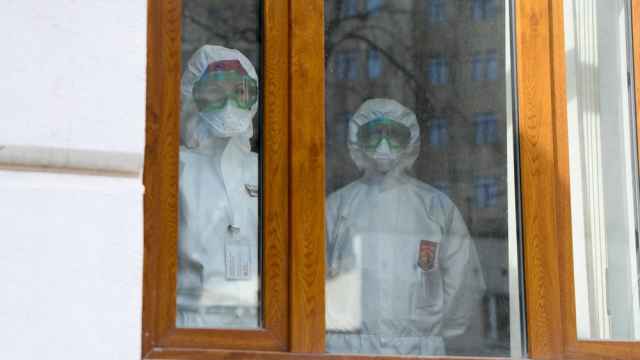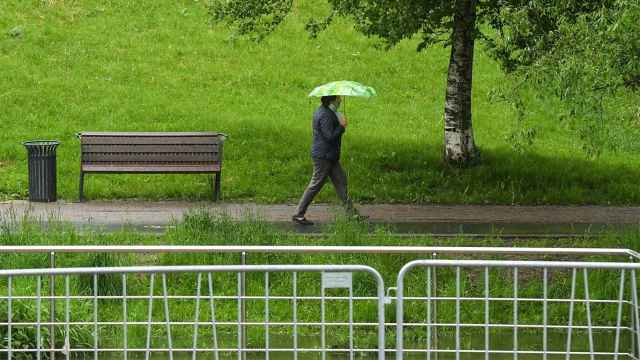Moscow's hospitals and ambulance service are working at peak capacity after a sharp rise in those hospitalized with serious coronavirus complications, a senior city official said Friday.
The densely populated capital with more than 12 million residents has the largest outbreak in Russia, with 7,822 confirmed coronavirus cases out of a national total of almost 12,000.
The number in Moscow's hospitals has doubled since last week and more than 85% of these patients have pneumonia, deputy mayor Anastasia Rakova was quoted as saying on the city virus task force's Telegram account.
Moscow is not sending people with mild symptoms to hospitals. Those who test positive are monitored through online video consultations.
"Along with the growing numbers of people who are seriously ill, pressure has grown sharply on the capital's health service. Our inpatient facilities and ambulance service are now working at their limits," Rakova said.
Moscow has been under a lockdown since March 30 with residents only allowed to leave their homes for essential work, to buy food and medicine or to walk dogs within a radius of 100 meters. Driving private cars is permitted, however.
Meanwhile Mayor Sergei Sobyanin warned that the epidemic was not even close to its peak.
"I can tell you for sure: there hasn't been any peak yet. We are more in the foothills of this peak, not even in the middle," Sobyanin, who is also the head of a taskforce coordinating regional responses, told the state-run RIA Novosti news agency.
He said Russia had gained time with its anti-virus measures and was two to four weeks behind on the curve compared with countries suffering major epidemics.
"We have that time lag so we can prepare better for the blow that is coming our way," the mayor said.
Moscow is rushing to construct a new virus hospital with 500 beds from scratch in a few weeks. It is due to open this month.
A Message from The Moscow Times:
Dear readers,
We are facing unprecedented challenges. Russia's Prosecutor General's Office has designated The Moscow Times as an "undesirable" organization, criminalizing our work and putting our staff at risk of prosecution. This follows our earlier unjust labeling as a "foreign agent."
These actions are direct attempts to silence independent journalism in Russia. The authorities claim our work "discredits the decisions of the Russian leadership." We see things differently: we strive to provide accurate, unbiased reporting on Russia.
We, the journalists of The Moscow Times, refuse to be silenced. But to continue our work, we need your help.
Your support, no matter how small, makes a world of difference. If you can, please support us monthly starting from just $2. It's quick to set up, and every contribution makes a significant impact.
By supporting The Moscow Times, you're defending open, independent journalism in the face of repression. Thank you for standing with us.
Remind me later.


